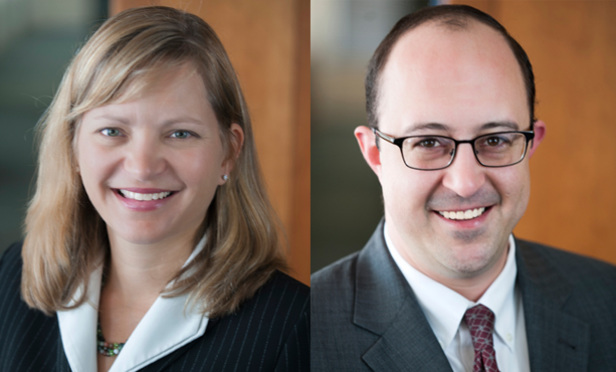One of the more difficult and somber tasks that judges and juries face is determining non-economic damages in a wrongful death case. Measuring the value of a person’s life, and the appropriate damages for the loss of that life, raises many ethical and philosophical dilemmas. As if this responsibility were not challenging enough, recent wrongful death verdicts have compounded the task by asking jurors to assess damages not only for “loss of the enjoyment of life’s activities,” but also for “death itself.” (See Morrin v. Koplin, 2014 WL 4817934, Conn. Super. Court, 2014). Allowing independent damage awards for flip sides of the same coin (loss of life’s enjoyment and death) inevitably leads to duplicate recoveries, and unnecessarily complicates the fact finder’s already difficult mission of assessing damages.
How did we get here? At common law, there was no cause of action for wrongful death. Although a “death statute” has been in existence in Connecticut since 1848, the first statute that recognized the recovery of damages for death as a result of negligence passed in 1877. Under the current wrongful death statute, General Statutes Section 52-555, an estate may recover for a wrongful death, and may recover “just damages together with the cost of reasonably necessary medical, hospital and nursing services, and including funeral expenses.” The statute does not further define “just damages,” but Connecticut courts, over time, have elaborated on the concept.
This content has been archived. It is available through our partners, LexisNexis® and Bloomberg Law.
To view this content, please continue to their sites.
Not a Lexis Subscriber?
Subscribe Now
Not a Bloomberg Law Subscriber?
Subscribe Now
LexisNexis® and Bloomberg Law are third party online distributors of the broad collection of current and archived versions of ALM's legal news publications. LexisNexis® and Bloomberg Law customers are able to access and use ALM's content, including content from the National Law Journal, The American Lawyer, Legaltech News, The New York Law Journal, and Corporate Counsel, as well as other sources of legal information.
For questions call 1-877-256-2472 or contact us at [email protected]



